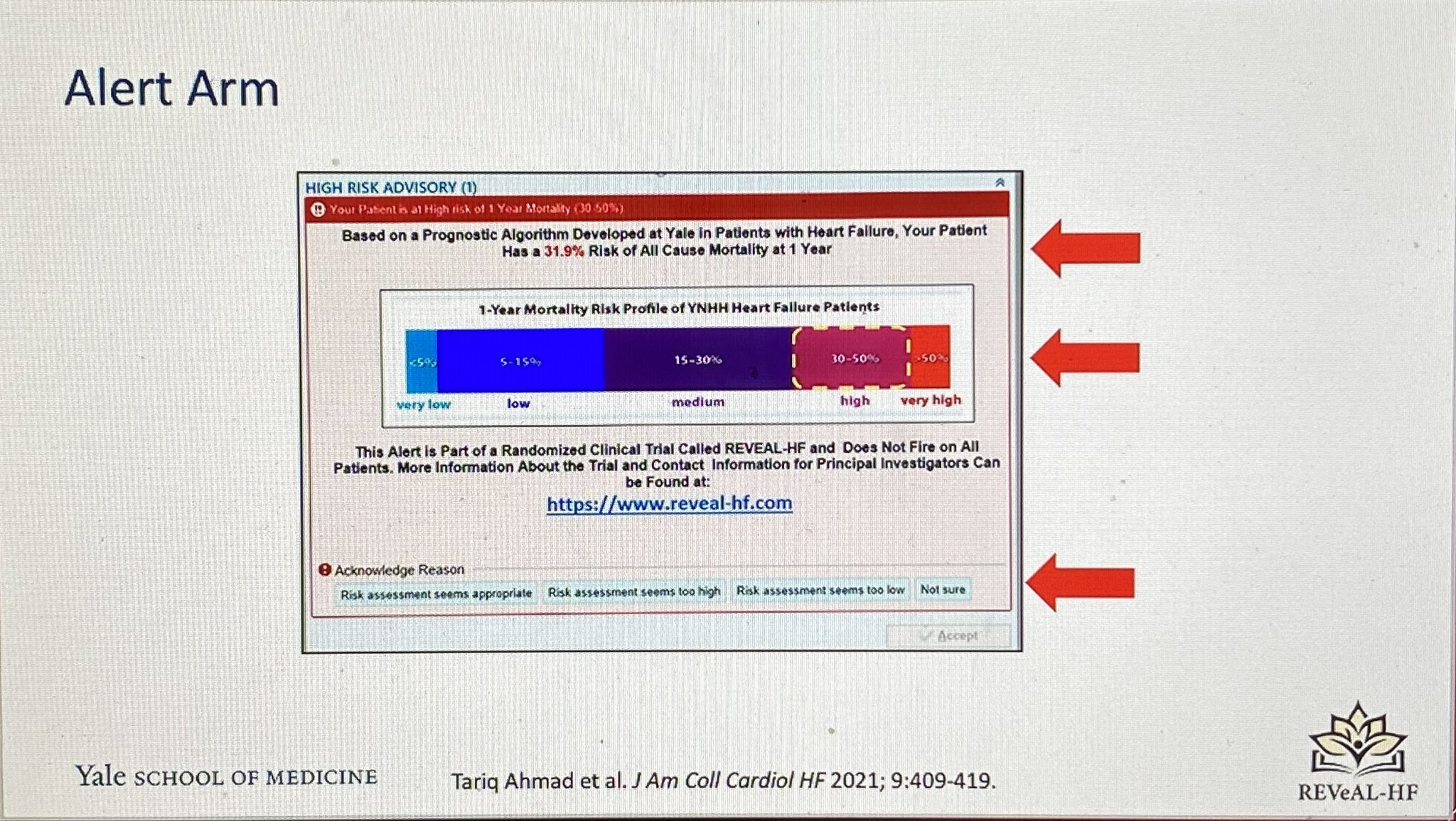The Joint Healthcare Regulators Forum (JHCRF) on Friday urged the Higher Education Commission (HEC) to shut down degree programs with names ...

The Joint Healthcare Regulators Forum (JHCRF) on Friday urged the Higher Education Commission (HEC) to shut down degree programs with names resembling MBBS in order to prevent quackery within the nation. This matter was addressed during the third JHCRF meeting, held by the Sindh Healthcare Commission (SHCC) in collaboration with the Ministry of National Health Services, Regulations and Coordination, along with the World Health Organization (WHO), according to a communique issued here. It was recommended that HEC take action to modify the names of these degree programs to stop individuals who falsely claim to be medical graduates and contribute to the spread of quackery in society. MPA Nida Khuhro, the Parliamentary Secretary for the Health and Population Welfare Department in Sindh, served as the chief guest at the event, alongside the WHO country representative, the Federal Secretary of MNHSRandC, CEOs of all provincial healthcare commissions, representatives from PMDC, the National Council of Tib, the National Council for Homeopathy, Pharmacy, CPSP, and other development partners who attended the meeting.
MPA Nida Khuhro stated that Sindh has established a robust regulatory structure following years of study and legal development. She highlighted that as technology evolves rapidly, Sindh is now working on developing a digital health system that includes telemedicine, electronic prescriptions, and online pharmacies to ensure patient safety remains a priority.
Khuhro also praised the SHCC for its strong efforts in the private sector to address deficiencies in public health services.
She mentioned that Sindh is establishing a Clinical Governance Academy to educate personnel on quality assurance, risk management, and evidence-driven policies. 'Sindh is also broadening its framework to ensure that medicines and equipment adhere to international standards, including basic safety requirements, infection prevention, and emergency governance. Furthermore, Sindh is implementing Continuing Professional Development (CPD) mandates for all healthcare workers to match global benchmarks.'
Dr. Luo Dapeng, the Country Head of WHO in Pakistan, stated that WHO is proud to back this platform within the country, demonstrating a joint dedication to enhancing regulatory and accountability alignment throughout Pakistan's healthcare system.
He mentioned that WHO is assisting federal and provincial governments along with regulatory authorities to strengthen the resilience of the health system within the nation.
The Federal Secretary of the Ministry of National Health Services, Regulations and Coordination, Hamed Yaqoob Sheikh, stated through a video link that the Ministry has launched the National Blood Transfusion Policy and has also prepared the Thalassaemia Prevention and Genetic Disorders Policy. He called on all provincial and other healthcare regulators to enforce these policies within their areas of responsibility.
Dr. Ahson Qavi Siddiqi, CEO of SHCC, pointed out that numerous areas are outlined in existing regulations, but the healthcare sector has undergone significant changes over the last 78 years, with new technologies and therapies developing that are not included in present-day documents.
This gap, he stated, must be tackled via such platforms. HEC should step in and modify the names of degree programs that falsely represent themselves as medical graduates and are accountable for spreading quackery in society.
Dr. Khalid Shaikh, Chairperson of SHCC, in his closing remarks stated that the attendance of all healthcare officials throughout Pakistan highlighted not just their institutional dedication but also a common national objective. The meeting today underscored the pressing necessity, significant worth, and importance of this forum. He stressed that challenges like patient safety, enforcement of standards, modifications in medical education, and the problem of unqualified practitioners cannot be addressed alone.
Notable attendees were CEO of the Balochistan Healthcare Commission, Dr. Noor Muhammad Qazi, CEO of the Islamabad Health Regulatory Authority, Dr. Syed Ahmed Raza Kazmi, CEO of KP, Dr. Nadeem Akhtar, and the President and Vice President of the Pharmacy Council of Pakistan, along with representatives from the Allied Health Professionals Council, CPSP, Higher Education Commission, and the Deputy Director from the Federal Ministry of Health. The CEO of the Punjab Healthcare Commission and a representative from PMDC participated via video conference.
Provided by SyndiGate Media Inc. (Syndigate.info).


